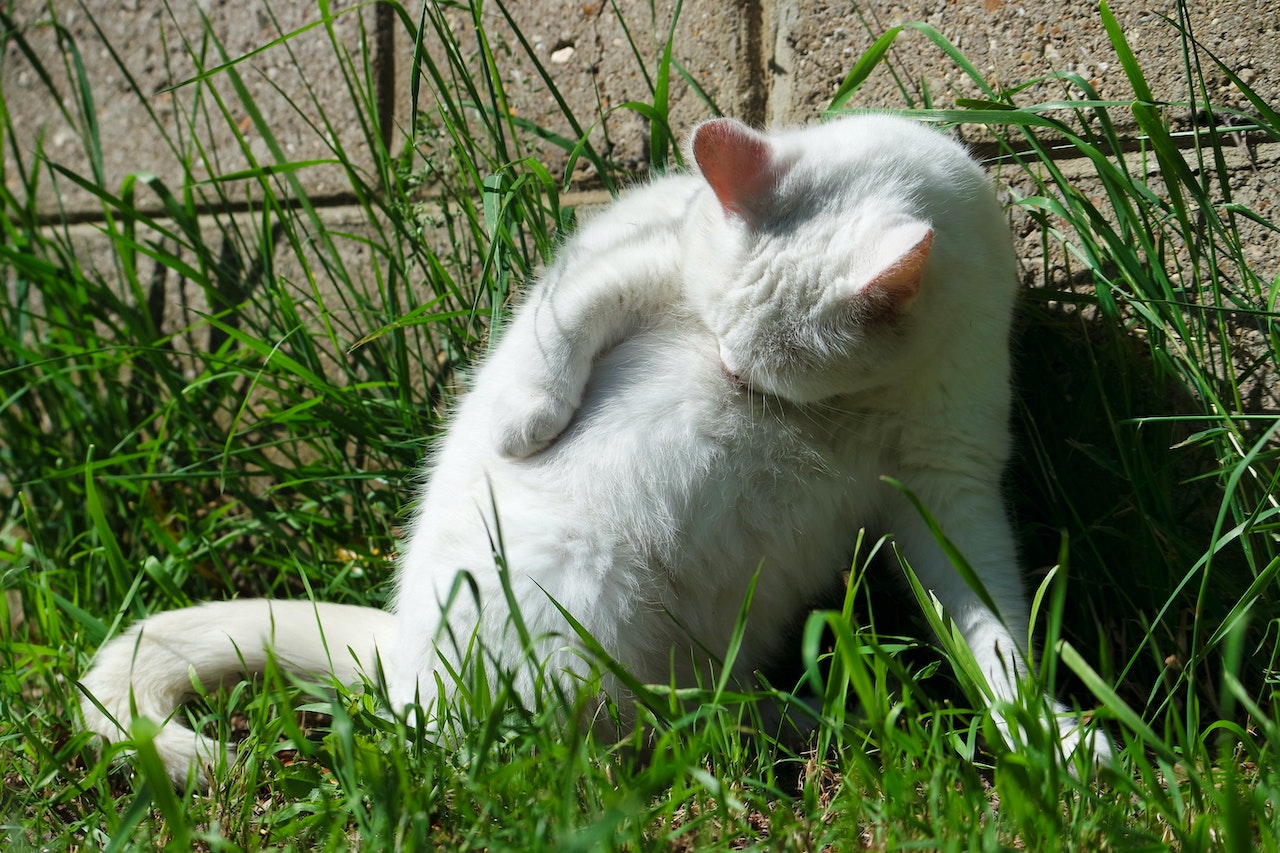As loving cat owners, it is essential to prioritize our feline companions’ health and well-being. Obesity in cats has become a prevalent issue, leading to various health complications that can significantly impact their quality of life. In this blog, we will explore the causes and risks of cat obesity, shedding light on the significance of regular visits to a pet clinic or a cat vet in Vancouver. Understanding the factors contributing to feline obesity is the first step toward preventing and managing this condition, ensuring our beloved cats lead healthier and happier lives.
Understanding Cat Obesity
Obesity occurs when a cat’s body weight exceeds the optimal range, usually due to excessive accumulation of body fat. While many might find a chubby cat endearing, the reality is that obesity is a serious health concern. Overweight cats face a higher risk of developing various health issues, including diabetes, arthritis, heart disease, and respiratory problems.
The causes of cat obesity are multifaceted, ranging from overfeeding and lack of physical activity to underlying medical conditions and genetic predisposition. Identifying these causes is crucial for addressing the issue and preventing further health complications.
The Role of a Pet Clinic
Regular visits to a pet clinic or a reliable cat vet in Vancouver are vital for maintaining your cat’s overall health and well-being. A veterinarian can help monitor your cat’s weight and body condition, identify signs of obesity, and create a personalized plan to address the issue. They can also rule out any underlying medical conditions that may contribute to weight gain and provide guidance on proper nutrition and exercise.
During check-ups at a pet clinic, your veterinarian can assess your cat’s diet and activity level, adjusting their food intake and recommending specific dietary options if necessary.
Moreover, they can provide valuable advice on how to encourage physical activity and mental stimulation to help your cat maintain a healthy weight.
Causes of Cat Obesity
Overfeeding and Poor Diet: One of the primary contributors to cat obesity is overfeeding and offering calorie-dense, high-fat diets. Free-feeding, where cats have access to food at all times, can lead to excessive eating and weight gain. Providing an appropriate portion-controlled diet based on your cat’s age, size, and activity level is essential.
Lack of Physical Activity: Indoor cats are more prone to obesity, as they may lead sedentary lifestyles with limited opportunities for exercise and exploration. Regular play sessions and environmental enrichment are crucial for keeping your cat active and mentally stimulated.
Neutering: Spaying or neutering can alter a cat’s metabolism and appetite, potentially leading to weight gain. Pet owners should closely monitor their cat’s food intake and engage them in regular exercise to prevent excessive weight gain after the procedure.
Underlying Medical Conditions: Some medical conditions, such as hypothyroidism and diabetes, can contribute to weight gain in cats. Regular visits to a pet hospital or a cat vet in Vancouver can help identify and manage these conditions promptly.
Also read, What Human Food can Cats Eat?
Risks of Cat Obesity
Obesity significantly impacts a cat’s overall health, and the associated risks are numerous:
Diabetes Mellitus: Obese cats are more susceptible to developing diabetes, a chronic condition that requires careful management and can negatively affect their quality of life.
Arthritis and Joint Problems: Excess weight places additional strain on a cat’s joints, leading to pain, discomfort, and reduced mobility. Arthritis can severely affect their ability to move and play.
Heart Disease: Obesity increases the risk of heart problems in cats, leading to cardiovascular issues that can be life-threatening.
Respiratory Issues: Overweight cats may experience difficulty breathing, especially during physical activity, leading to reduced exercise tolerance.
Gastrointestinal Disorders: Obesity can lead to gastrointestinal problems, such as constipation or fatty liver disease, which can be severe if left untreated.
Preventing and Managing Cat Obesity
Preventing cat obesity is easier than managing it. Ensuring a well-balanced diet and appropriate portion control, along with regular exercise and playtime, is crucial for maintaining a healthy weight. Consider using interactive toys and puzzles to engage your cat’s mind and encourage physical activity.
If your cat is already overweight, consult a veterinarian at a pet hospital or a cat vet in Vancouver to create a personalized weight management plan. Gradual weight loss is safer and more effective than rapid reduction. The plan may include a combination of dietary adjustments, portion control, and increased activity levels.
Also read, How to Take Care of a Cat?
Conclusion
Cat obesity poses serious health risks to our feline friends, but with proper understanding, vigilance, and support from a pet clinic or a cat vet in Vancouver, we can prevent and manage this condition, ensuring our cats enjoy long and healthy lives. Remember, a healthy weight leads to a happier and more active cat!




